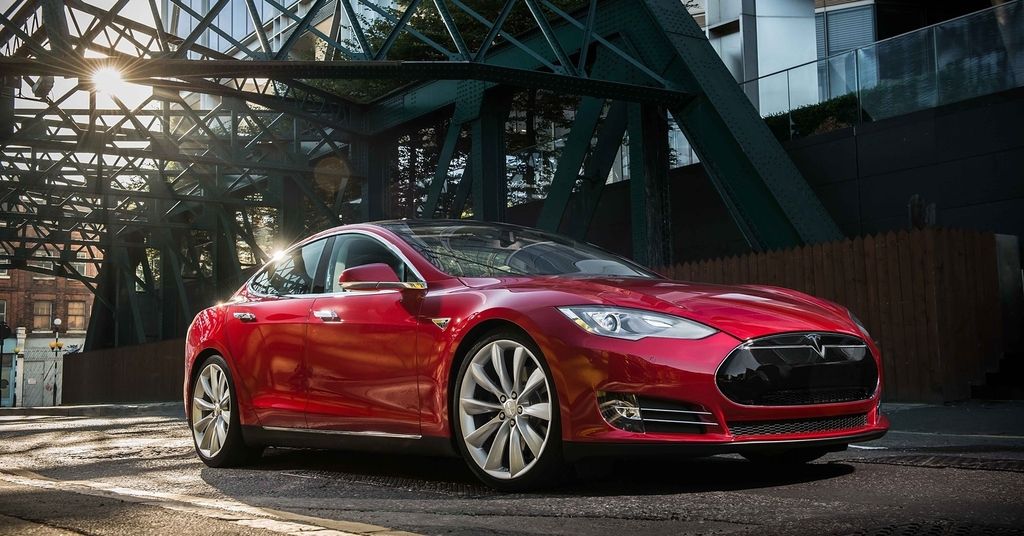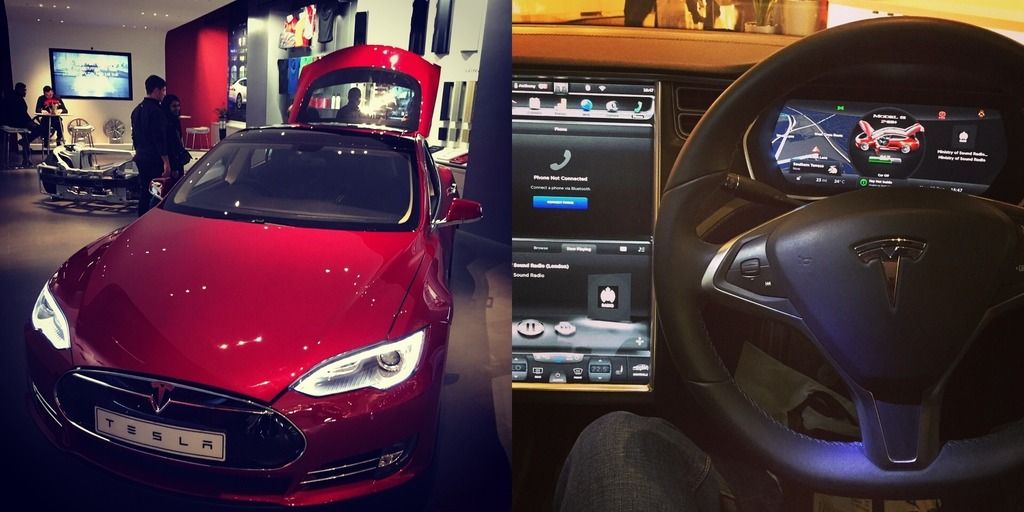The Tesla Effect
How the way we think about automobiles & energy is changing
I haven't always been particularly interested in automobiles. Sure, I thought certain cars were quite interesting as they stood out more than others because they were faster, more exclusive, or simply looked better and I always do enjoy an adrenaline-rush whenever I had the rare opportunity to have a ride in a sports car. After Tesla Motors rolled out the Tesla Model S to their customers, that quickly changed.

Model S is Tesla's all-electric sedan and is the second vehicle released by the company with the first being the Tesla Roadster. Tesla's corporate strategy uses 3 stages to fund a new car type through the sales of the previous models. The first stage was making the Tesla Roadster high price but low volume. Model S is the second in the 3 stages with mid price and mid volume. The third stage will be low price but high volume in the form of Model 3, which was announced in July last year. So, what exactly makes Tesla Motors and their products so unique?
For me, it really is about how a group of engineers from Silicon Valley wanted to show that electric cars can be as be as good, if not better than the conventional gasoline/petroleum-powered cars. Take a look at electric cars before the rise of Tesla. Other, more established automakers have been developing and building electric cars for quite some time. Have a look at most of them and you'll soon realise how each car might have something compromised like the speed, range, design, or some combination of the 3.
Model S represented what other electric cars did not
I was highly impressed with what I saw when the Tesla Model S was delivered to customers in mid-2012. Apart from the delays in deliveries and the struggle to keep up with the orders, Model S represented what other electric cars did not. It is a beautifully designed car (both inside and outside) with exceptional range, power, efficiency, and speed.

Model S can be associated with fine wine; the car arguably does improve with time. Tesla updates its cars through over-the-air (OTA) software updates just like how smartphones get their software updated. It started off with an acceleration of 0-60 mph in 5.6 seconds but Model S is now in supercar territory with an acceleration of 0-60 mph in 2.8 seconds on the Model S P85D in "Ludicrous Mode". Autopilot mode was also a new feature that was introduced through an OTA software update which allowed the car to steer and park by itself.
"Ludicrous Mode" = 0-60 mph in 2.8 seconds
The "Tesla Effect" is what I dub as the effect that Tesla Motors is having on the automobile and energy industries. Tesla isn't a conventional automobile company and I am quite sure they don't intend to be one. Being also an energy and technology company, they are constantly pushing the boundaries of their pursuits, from having their cars recharge much faster than others on the market to ever-expanding Supercharger network around the world and even having me excited about batteries in the form of the Powerwall.
Perhaps their most astonishing move was when their current CEO, Elon Musk, announced that they were opening all their patents and were in favour in going open-source in this blog post. It actually shows how serious they are in pushing the industry towards sustainable transport by getting other, more seasoned automakers on board with the whole, "electric cars don't have to suck" mantra. Yes, the 70 kWh base version of the Model S in the single motor version at $70,000 is still above the budget of what most people would pay for a car but with the release of Model 3 in the next few years at around $35,000 to $40,000, we can all hope to see that great, self-sustaining electric vehicles will soon be the norm.
No comments
Post a Comment